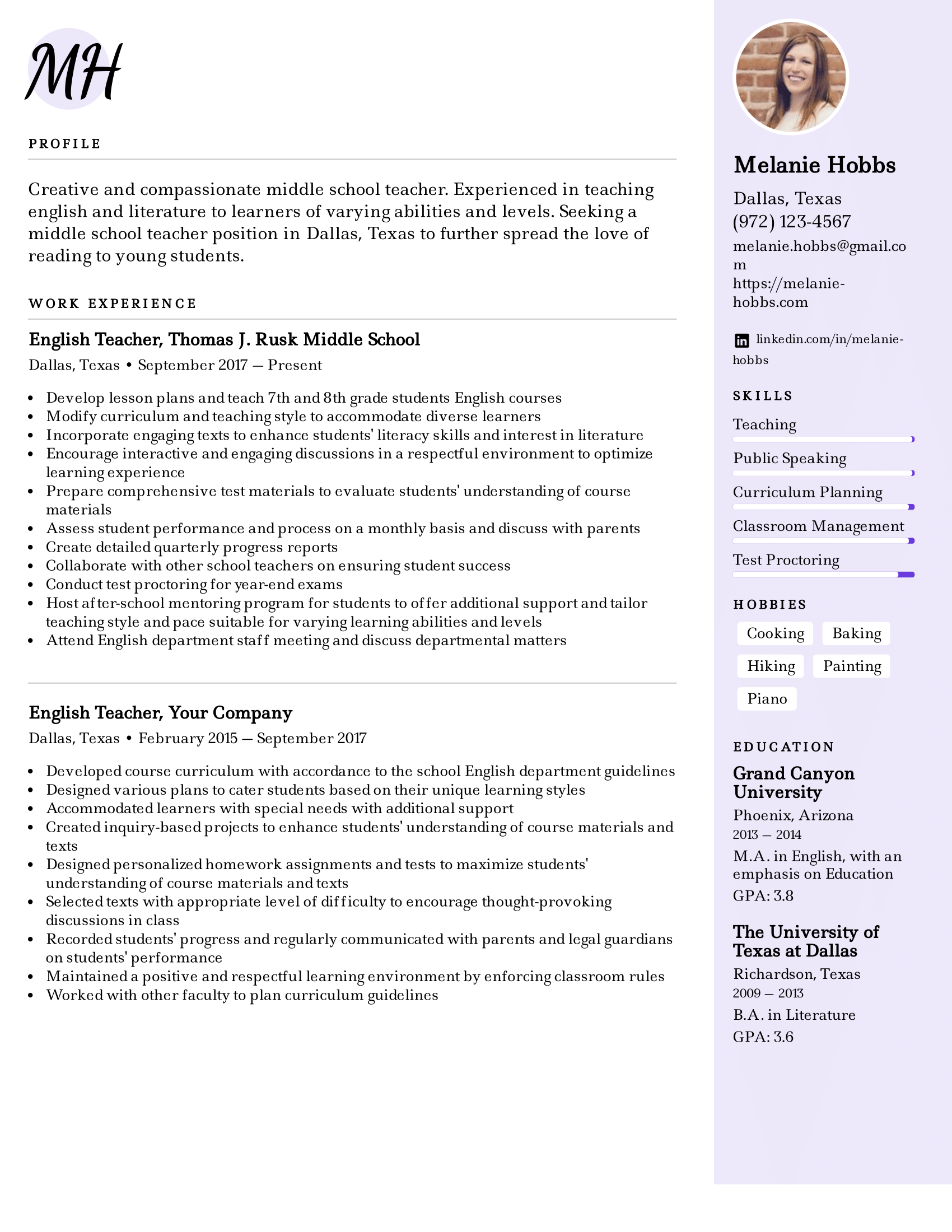Tune up your resume and ace your next interview with our tips for IT Managers.







IT managers plan, coordinate, and direct computer-related activities in an organization. They help determine the information technology goals of an organization and are responsible for implementing computer systems to meet those goals.
See our list of over 350 action verbs to find more.
IT Managers not only need to be proficient with computers, but also with people. An IT Manager needs to be able to effectively lead and communicate with his or her team.
IT Managers must have a bachelor’s degree in a computer- or information science–related field, such as computer science. Some companies require their managers to have a graduate degree in business administration.
Certifications are not necessary but can help your resume stand out. Some examples of certifications for IT Managers include:
Requirements for licensure vary by state but generally involve the following:
Job Outlook
The job outlook for IT Managers is growing at 11% per year, which is considered to be much faster than average. In 2018 there were 414,400 jobs available.
Average Salary
IT Managers make $146,360 per year on average. However, salaries could be as high as $208,000 depending on experience, the company for whom you work, and location.
Top Paying Salaries by State
Search for IT Management Jobs
Learn how to format contact information on your resume and what information to share with the hiring manager.
Read this how-to guideDon't know whether you should write a one-page or two-page resume? Find out when it is appropriate to write a two-page resume and learn how to write it correctly.
Read this how-to guideIn this guide, we will cover everything you need to know about including references on a resume, from how to format them to how to know when they should be included at all.
Read this how-to guideYour work experience is a summary of all your hard work, dedication and achievements over the years. Here's how to do justice to your work history.
Read this how-to guideMany job seekers get stuck in this interview question. Yes, it can be hard to identify your own strengths and weaknesses, but if you focus on a few key points and provide relevant examples, you'll do just fine.
Read this career-advice articleListing your jobs correctly on your resume is a must. In this guide, you will learn how to appropriately list your job title and catch the eye of the recruiter.
Read this career-advice articleIncluding technical skills on a resume is an absolute necessity. These types of skills show employers your quantifiable qualifications. In this guide, we will cover exactly what a technical skill is and some of the best examples to include on a resume.
Read this career-advice articlePursuing a career in management gives you many opportunities for professional advancement. To land a management job, it is crucial to include the right skills on your resume. In this guide, we will discuss the best management skills and how to use them on your resume.
Read this career-advice article